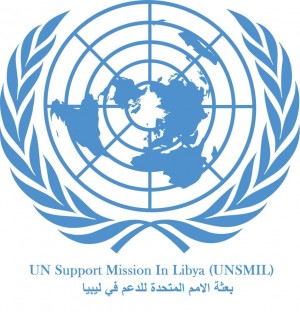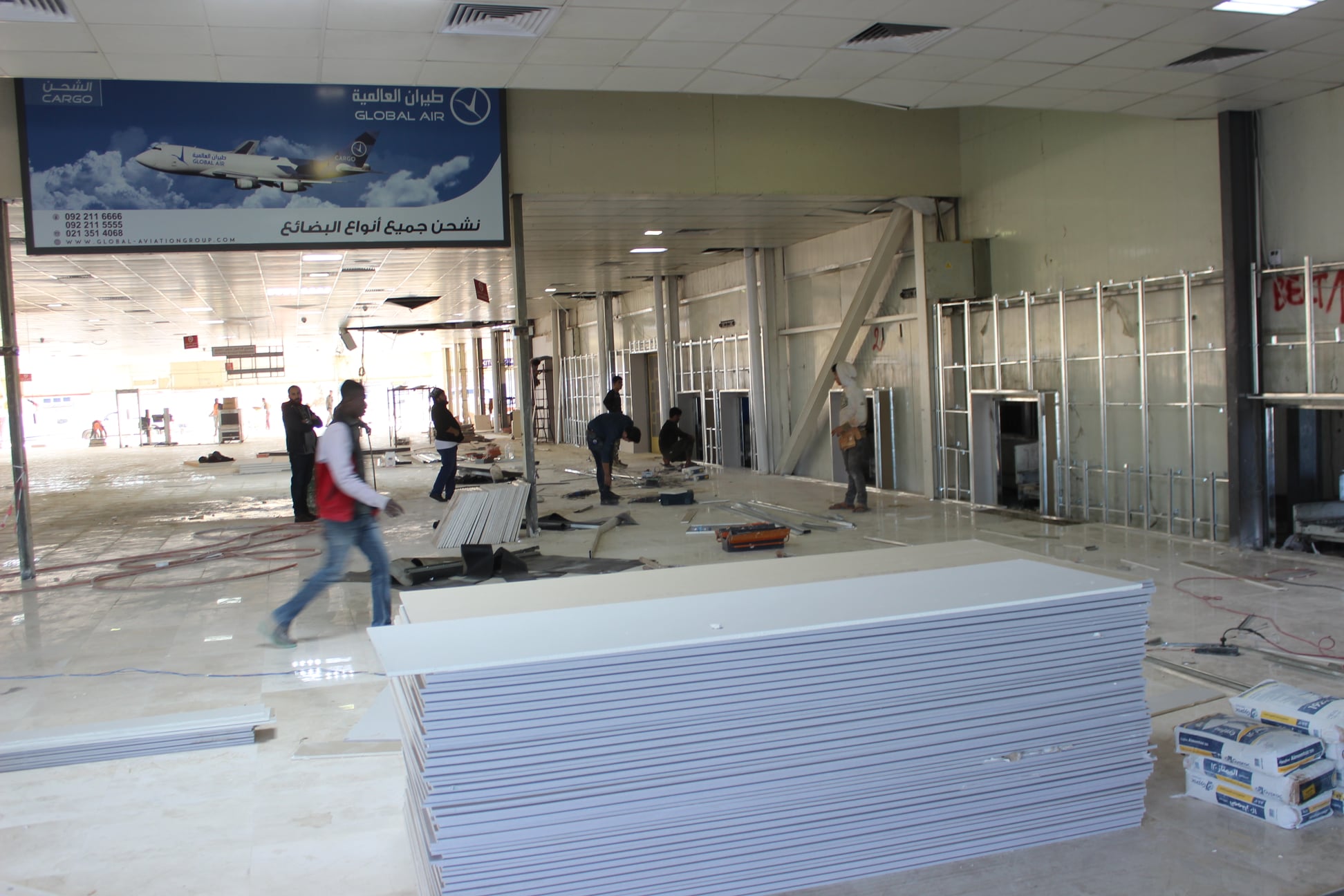By Sami Zaptia.
London, 10 December 2019:
UNSMIL head Ghassan Salame saluted the many brave individuals and institutions who stand up for human rights and accountability in Libya and promised that the United Nations would stand with them. He was commemorating today’s anniversary of the Universal Declaration of Human Rights (1948). All human beings have a right to participate in decisions that affect them and their leaders should listen to them, he added.
Here is his full statement:
On 10th December, International Human Rights Day, we commemorate the anniversary of the Universal Declaration of Human Rights (1948), amidst serious violations of human rights in Libya. Human Rights Day provides an opportunity to reflect and take action in the defence of human rights.
More than eight years after Libyans rose up demanding their freedom, seeking a better life and brighter future for their children, the human rights situation continues to deteriorate on all fronts.
This year alone, UNSMIL documented at least 647 civilian casualties (284 Deaths and 363 injured) in Libya. Since the launch of the offensive on Tripoli on April 4th, serious violations of human rights and humanitarian law have been committed with total impunity. The ongoing conflict in Libya has taken a terrible toll on civilians, and as there is no military solution, the UN continues to call for a ceasefire and return to negotiations.
Airstrikes were the leading cause of civilian casualties, accounting for 394 (182 deaths and 212 injured), followed by ground fighting, summary executions, improvised explosive devices, abductions and killings. During the same period, the World Health Organization documented 61 conflict-related attacks[1] against health care facilities and personnel, a 69 per cent increase compared to the same period in 2018[2]. These attacks impacted 18 health facilities, 20 ambulances, and 40 health personnel.
Women are disproportionately affected by the broader effects of the armed conflict in Libya, which exacerbate their vulnerability to poverty, discrimination and violence. Freedom of speech has become a casualty, with those seeking to freely exercise their opinions facing severe consequences. On 17 July, Ms. Siham Sergewa, an elected member of the House of Representatives, was abducted from her home hours after she called for “an end to the bloodshed”. The abduction was a clear attempt to silence one of Libya’s prominent female voices and to intimidate other women seeking to participate in the country’s political life. Her fate and whereabouts remain unknown. Libyan. Women have and continue to play a pivotal role in building a better Libya. UNSMIL will spare no efforts to ensure women are protected against all types of violence, discrimination and abuse.
Journalists, media workers, activists and human rights defenders continued to receive threats on account of their work. Hate speech has become a tool in the ongoing conflict threatening the Libyan social fabric. Incitement to violence and hatred has reached unprecedented levels. I call on Libyans to reject and combat this destructive epidemic by spreading the language of peace, forgiveness and unity.
Migrants and refugees in Libya continue to be routinely subjected to arbitrary detention, torture, including sexual violence, abduction for ransom, extortion, forced labour and unlawful killings. I continue to call for progressive closure of all migration detention centres, and for shelter, protection and safe and legal pathways for migration to be established.
In 2019, thousands of Libyans continue to be held in pre-trial detention in prisons. UNSMIL continue to receive credible reports of arbitrary or unlawful detention torture, enforced disappearances, overcrowded cells lacking sanitation and safe drinking water, medical neglect, and the denial of visits from families and lawyers, along with reports of sexual violence and harassment against women, men and boys at the hands of their captors.
On this Day, I salute the many brave individuals and institutions who stand up for human rights and accountability in Libya on a daily basis. You will find the United Nations standing with you. All human beings have a right to participate in decisions that have impact on their lives. Leaders of every society, including in Libya, should be listening to their people – and acting in accordance with their needs and demands.









